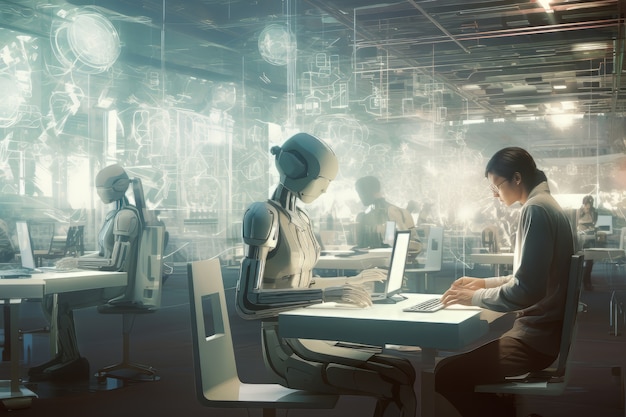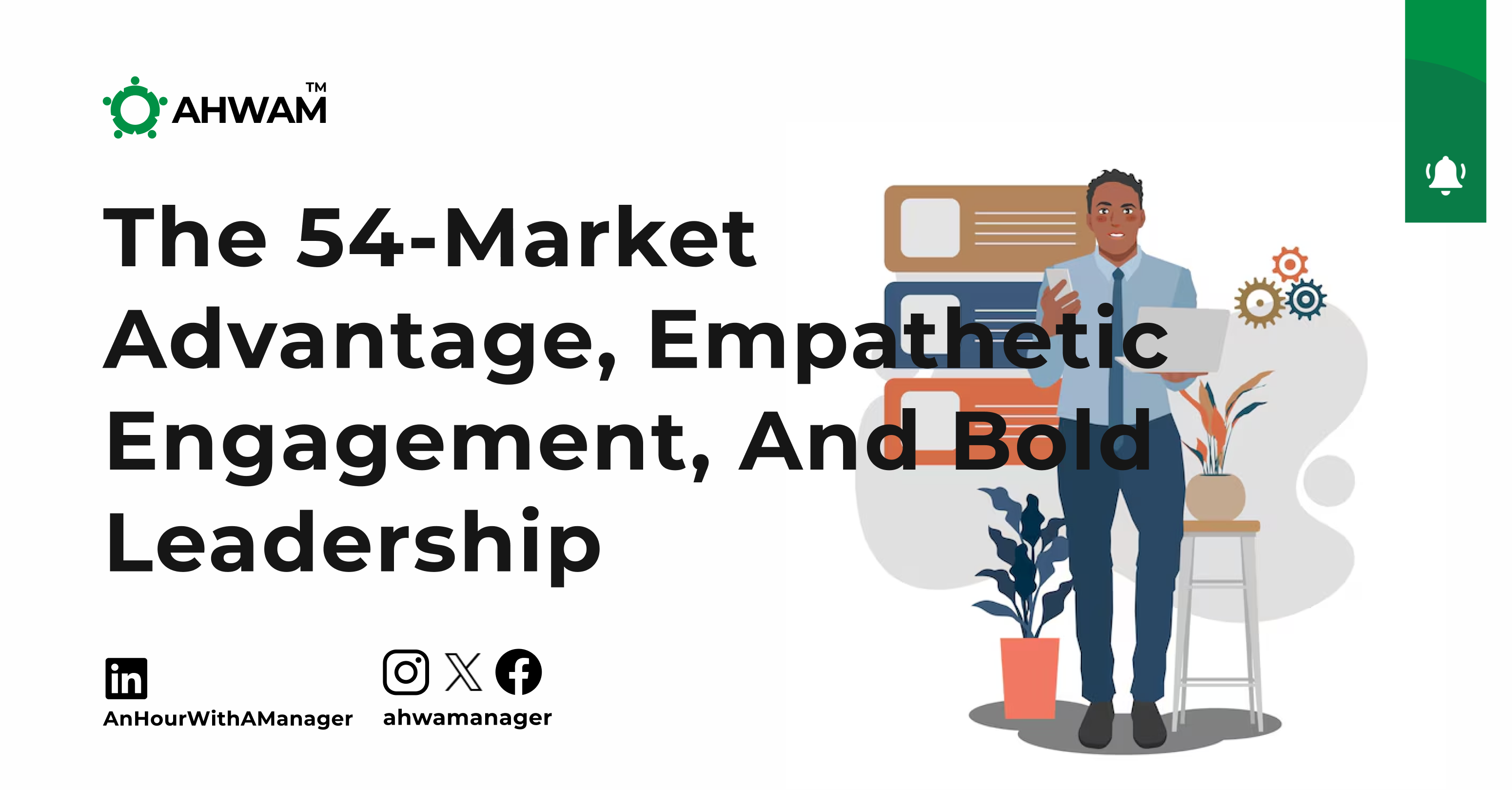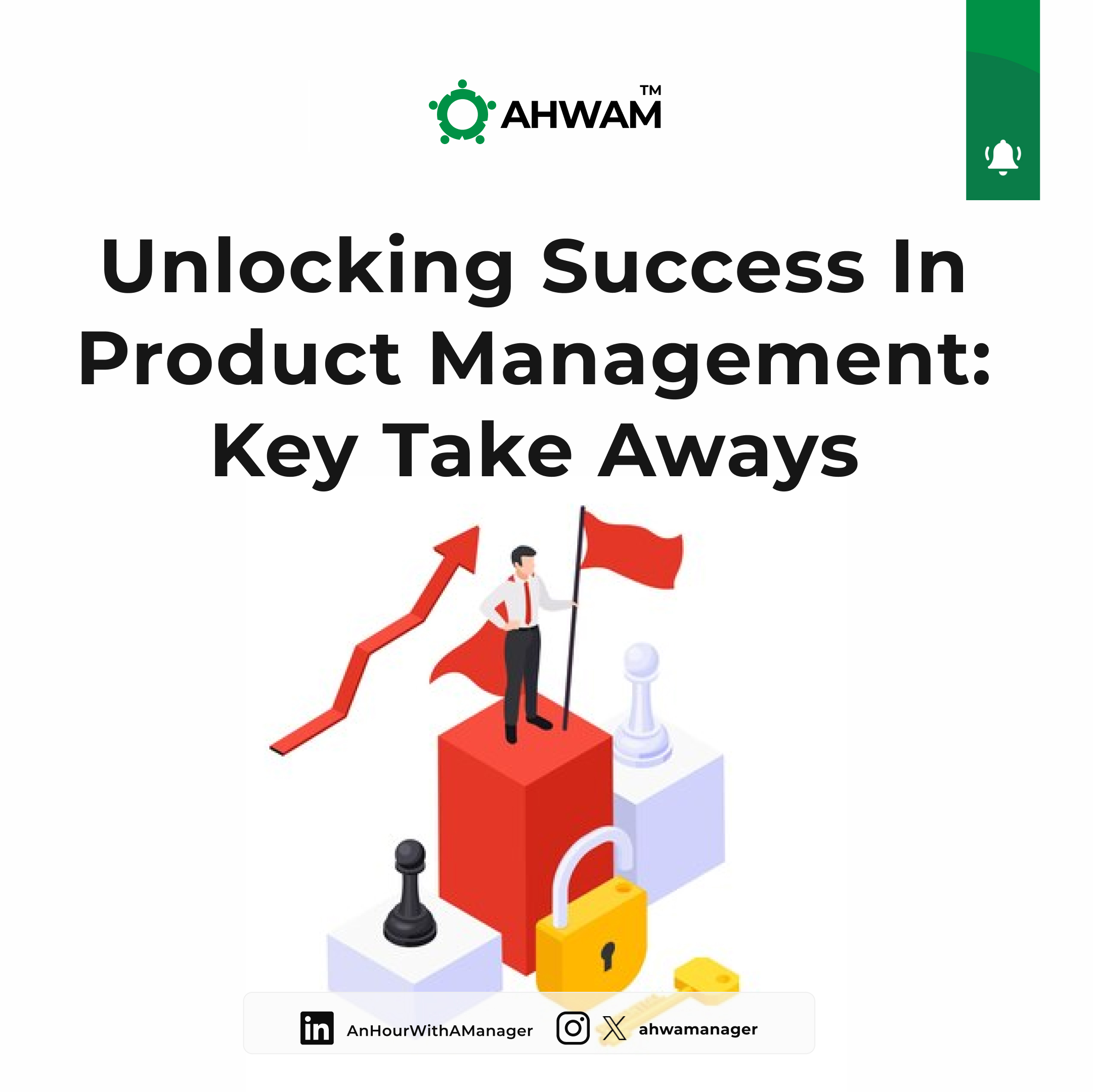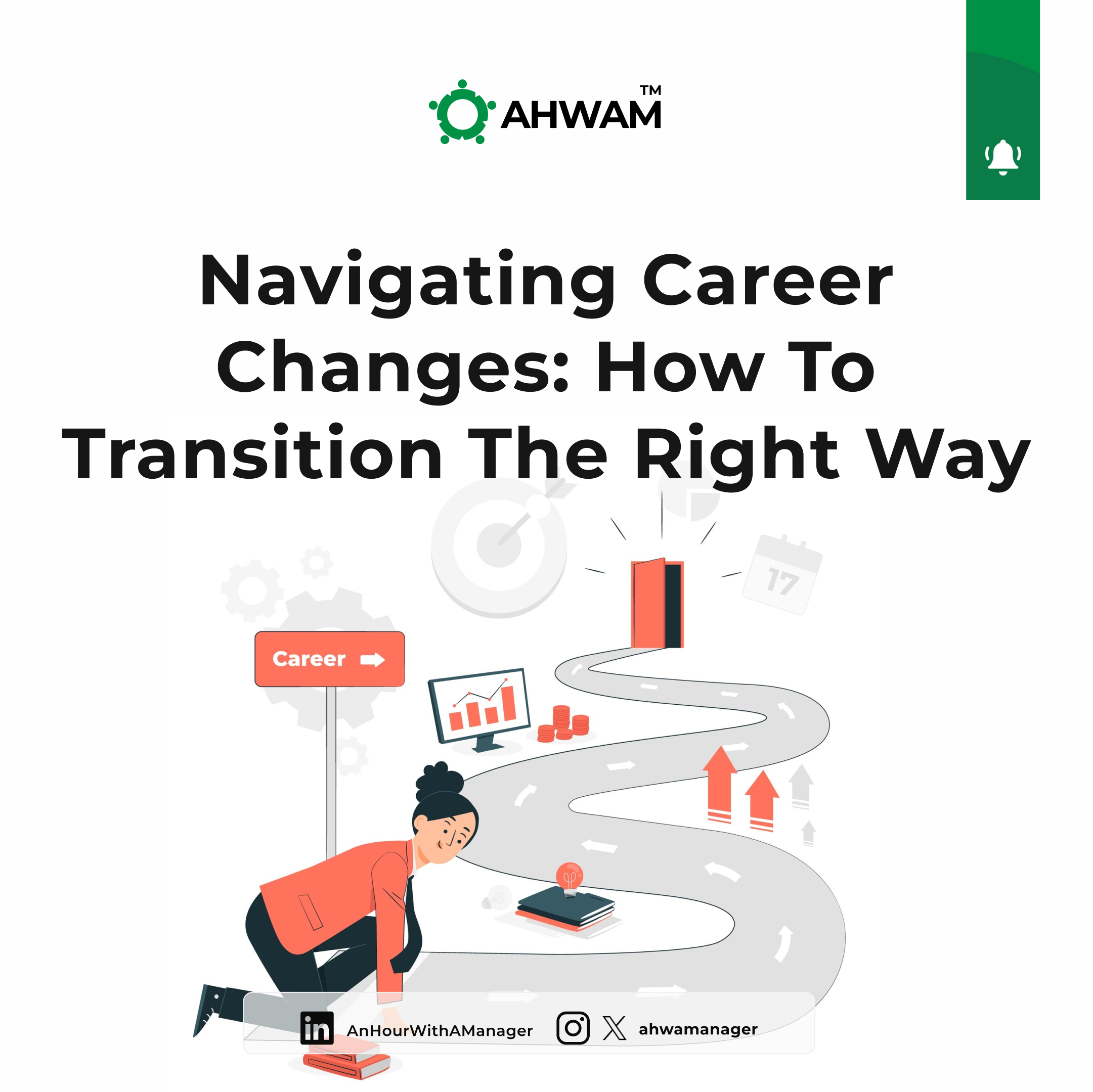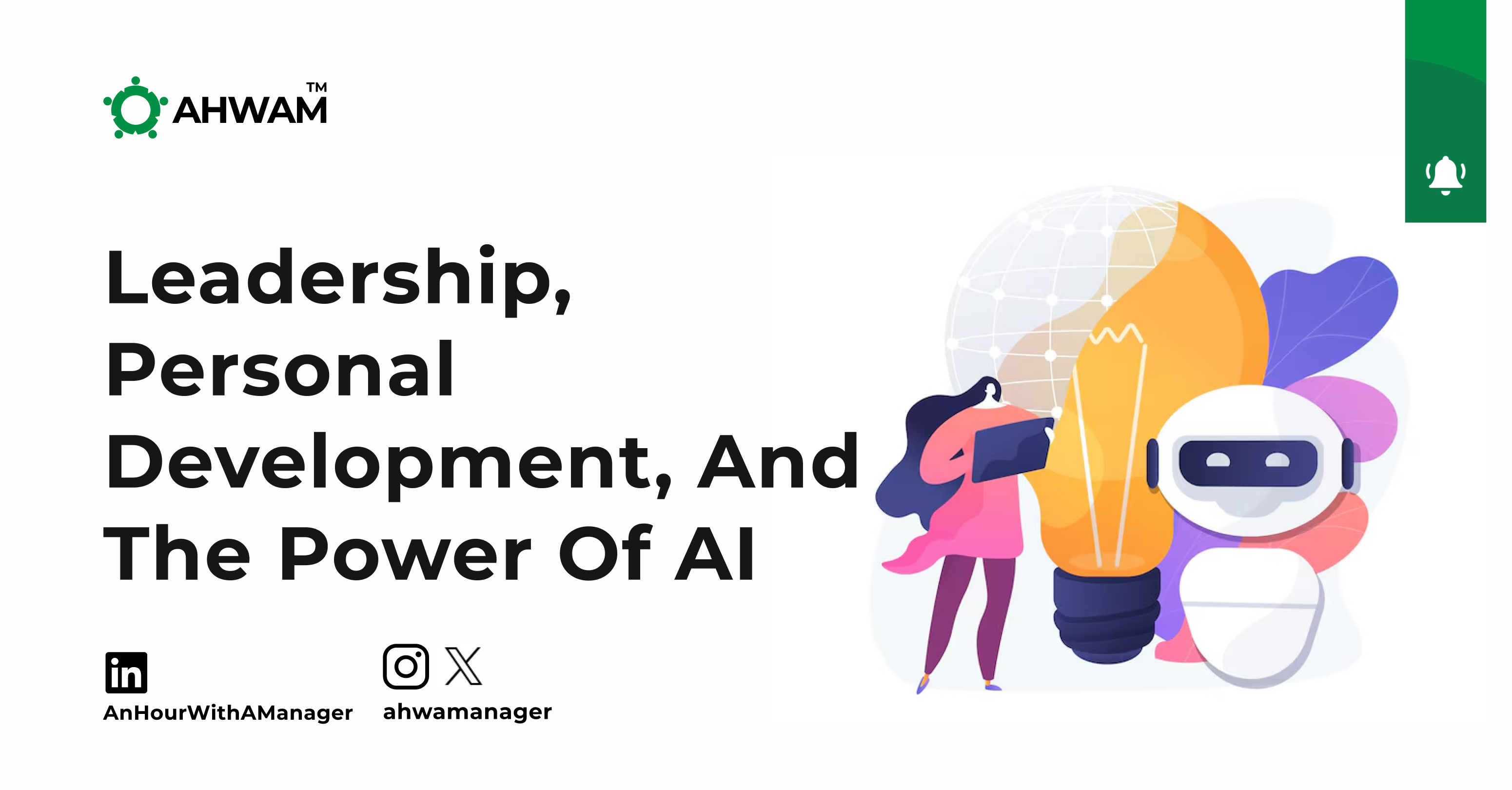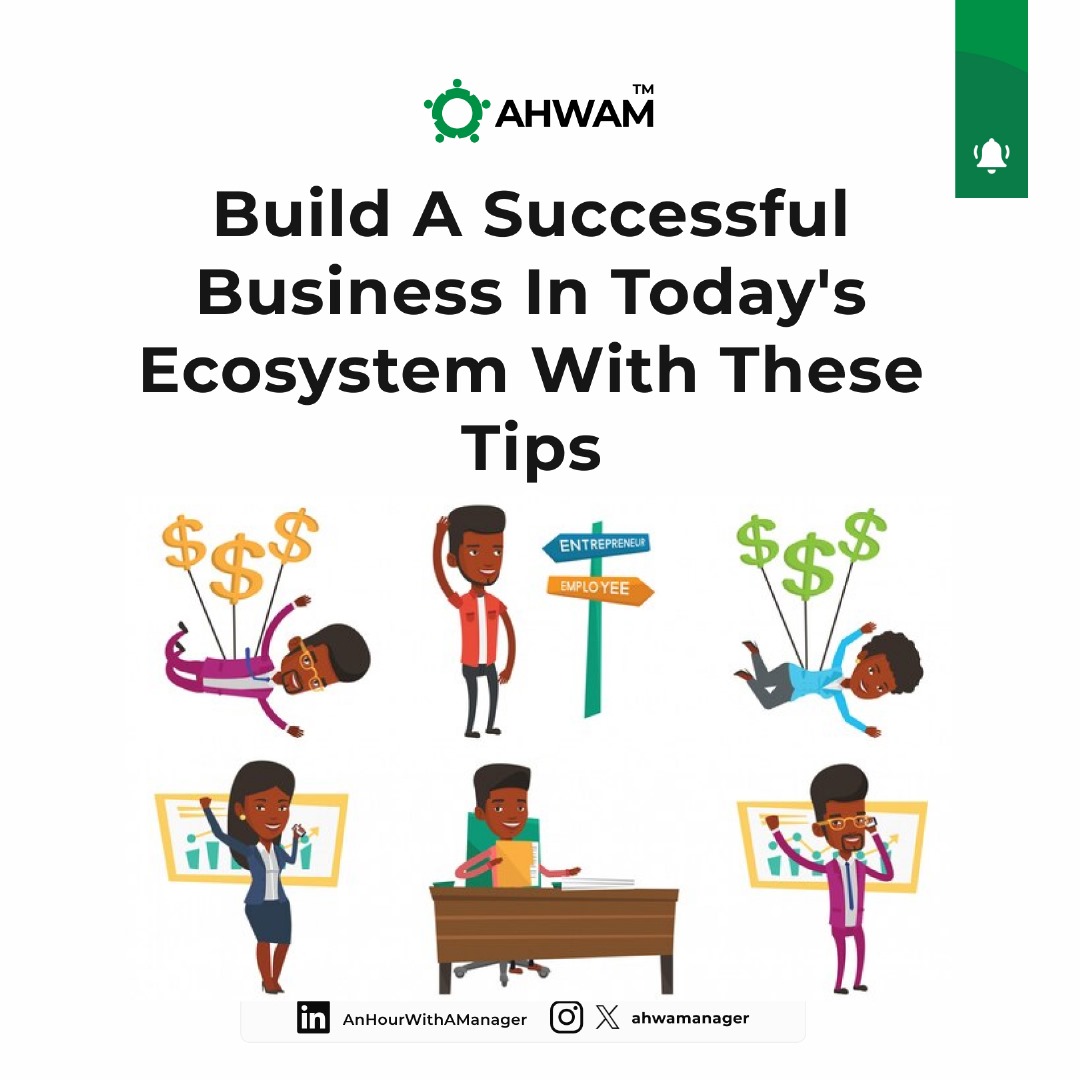The nature of work is changing as the world evolves. Artificial Intelligence (AI) was then seen as a distant concept but today it’s part of our reality and even transforming workplaces globally. In this article we will look at how AI can enhance human capacities and promote innovation, providing insights and strategies for leaders and managers looking to stay ahead of trends. It is relevant for CEOs/founders, managers, and entrepreneurs seeking to understand AI's impact on future workflow and how to use this knowledge effectively to drive their organizations forward.
Understanding AI's Role with Humans
AI contains a range of technologies, including machine learning, natural language processing, and robotics, designed to perform tasks that typically require human intelligence. It plays a crucial role in the modern workplace by increasing human abilities and driving efficiency. It also assists with tasks without replacing employees, quickly analyzes large datasets to provide valuable insights, and handles routine customer inquiries through chatbots, freeing humans for more complex problems. AI automates repetitive tasks, increasing organizational/team productivity, and predicts equipment maintenance needs to prevent unexpected breakdowns. In recruitment, AI screens resumes to identify top candidates swiftly and accurately (SmartRecruiters). It personalizes employee development plans and customer experiences, enhancing engagement and satisfaction (TINYpulse). In healthcare, it supports faster and more accurate diagnoses (Pathai), while in cybersecurity, AI detects and responds to threats in real time, ensuring data protection (Crowdstrike).
Trends in AI and the Workforce
- Enhanced Customer Experience: AI-driven chatbots and virtual assistants are improving customer service by providing instant responses and personalized experiences. 73% of consumers point to customer experience as an important factor in their purchasing decisions according to PwC. AI tools can analyze customer data to predict choices and focus interactions for increased satisfaction and loyalty.
- Improved Operational Efficiency: AI automates routine and repetitive tasks, allowing employees to focus on more strategic and creative endeavors. The World Economic Forum highlights that "automation could free up 30% of the time currently spent on routine tasks," which improves productivity and innovation.
- Predictive Analytics for Workforce Management: AI-powered predictive analytics can forecast workforce trends, identify skill gaps, and optimize talent management strategies. Forbes notes that "companies using predictive analytics report a 21% increase in hiring efficiency and a 24% improvement in employee retention rates."

Strategies for Leveraging AI to Enhance Human Capabilities
- Drive Innovation Through AI-Enhanced R&D: Incorporate AI into research and development (R&D) processes to further innovation. AI tools such as ChatGPT can analyze large datasets to identify trends and insights that might not be immediately obvious to human researchers, which leads to more discoveries and innovations.
- Personalize Employee Development: Use AI to create personal development plans for employees based on their skills, career goals, and performance data. This approach to professional development often increases employee engagement and retention by aligning individual aspirations with organizational goals which will, in turn, reflect on your customers.
- Create AI Governance Frameworks: Establish frameworks to manage AI implementation and ensure objectives align with the organization. This includes setting up committees or task forces to monitor AI usage in large organizations and effective communication for SMEs, manage ethical concerns, and ensure that AI initiatives yield the desired outcomes.
Why it is important to Note!
Harnessing AI to enhance human capabilities and foster innovation is essential for organizations aiming to stay competitive in the future of work. While the world of work is changing rapidly, it's important not to rely solely on AI. Instead, understanding the systems and structures around it can give organizations a significant edge.
For larger organizations capable of implementing multiple AI tools, it's advisable to start with one tool, communicate its benefits to employees, and gradually introduce other tools for organizational success. This approach allows employees to adapt to AI systems without feeling overwhelmed.
For SMEs, identifying the most critical AI tools can help streamline work processes and make them more efficient for small teams. Communicating the importance of AI integration to employees and providing training can motivate them to embrace these changes and prepare for future advancements in the workplace.
By understanding AI's role, staying informed about trends, and implementing strategic approaches, leaders can drive their organizations forward, ensuring sustainable growth and success.
References:
https://www.gartner.com/en/human-resources/insights/employee-experience
https://www.automationanywhere.com/wef
Summary
As the workforce is transforming, Artificial Intelligence (AI) now plays a big part in the workplace, enhancing human capacities and promoting innovation. This article analyzes how AI can transform business operations by providing insights and strategies for leaders and managers. It's particularly relevant for CEOs, managers, and entrepreneurs who want to understand AI's impact on workflows and how to leverage it effectively.




